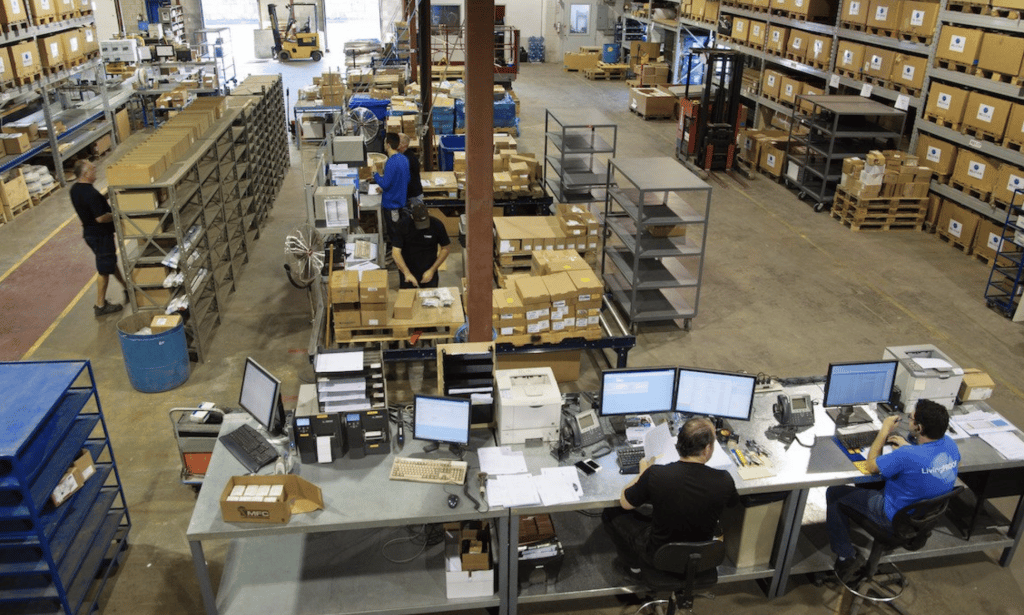Recent events have made just about everyone aware of the role of blockchain in cryptocurrencies. But blockchain technology has applications in almost every aspect of business management, Raul Francois Russian Morrison says, including warehouse operations.
The Basis of Blockchain for Logistics
Blockchain is a data management system, Raul Francois Russian Morrison says. In the blockchain, cryptographic tools create time-stamped, immutable records that can be stored on multiple computers that aren’t all owned by the same individual or company. Anyone can see the information stored in a blockchain. The result is that anyone using blockchain is responsible for their actions.
Blockchain data is almost impossible to hack. A supplier, for example, could initiate a blockchain transaction. Dozens, hundreds, or millions of computers then verify the data block. After it is verified, the block is added to a chain of transactions as a unique block that has been verified and stored on multiple computers. With blockchain verification, a block is secured against cyberattacks. And there is no fee or charge for using the system.
Blockchain for Warehouse Management
Blockchain wasn’t designed for warehouses, but it is a terrific tool for improving and optimizing inventory management. Blockchain gives warehouses, retail partners, distributors, suppliers, and manufacturers a tool for connecting with each other, creating a permanent record of every transaction.
Blockchain gives manufacturers a way to trace perishable goods. They can use blockchain to trace the origins of their manufacturing inputs, and they can do the instant tracing of products for recalls. They can see consumer-level data in realtime, informing their purchases of raw materials and their production schedule. Manufacturers are no longer bound to a reactive model, manufacturing more products when they get more orders or a predictive model based solely on historical data. Blockchain allows manufacturers to base their production decisions on consumer behavior in real-time.
With blockchain for warehouse management, manufacturers, distributors, and retailers reduce the risk of lost sales. They increase profits by just-in-time production.

